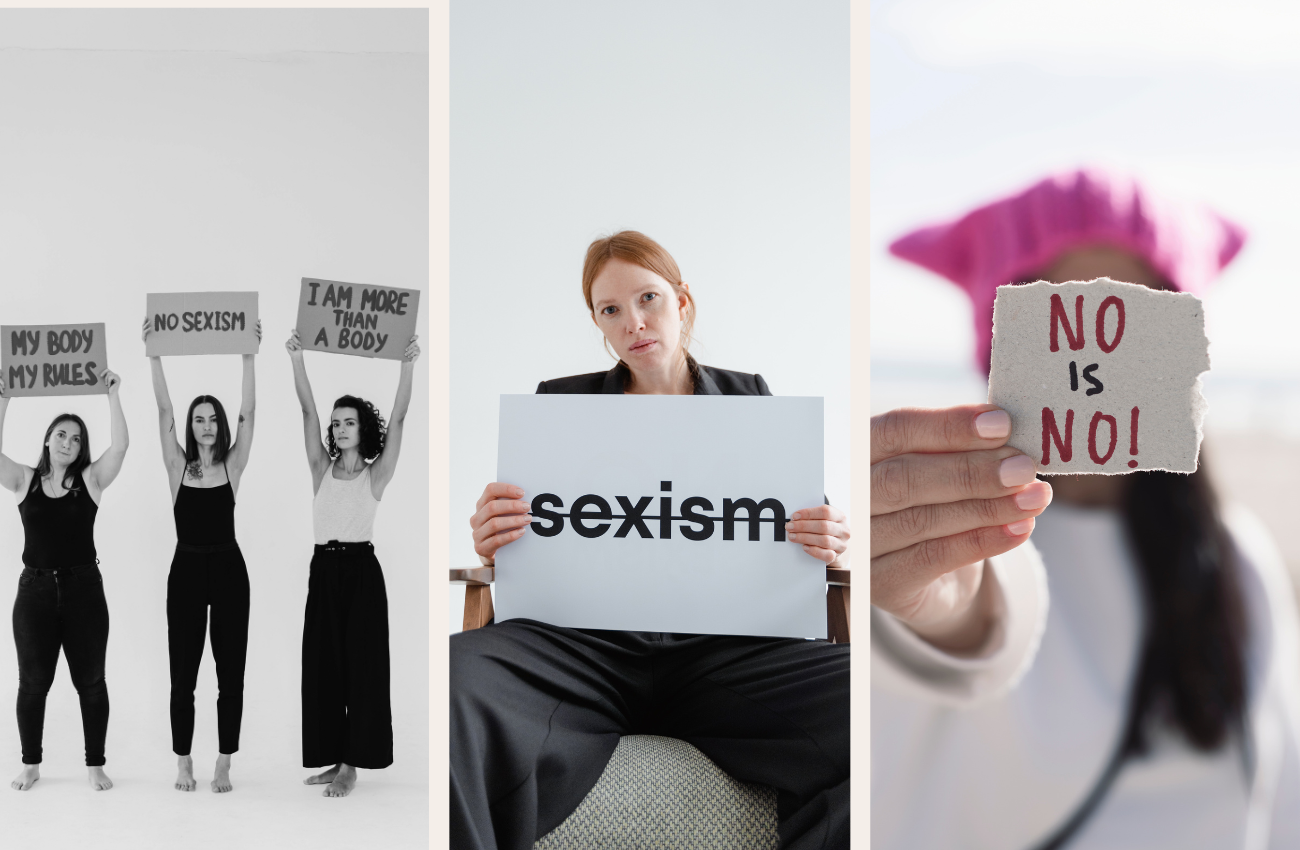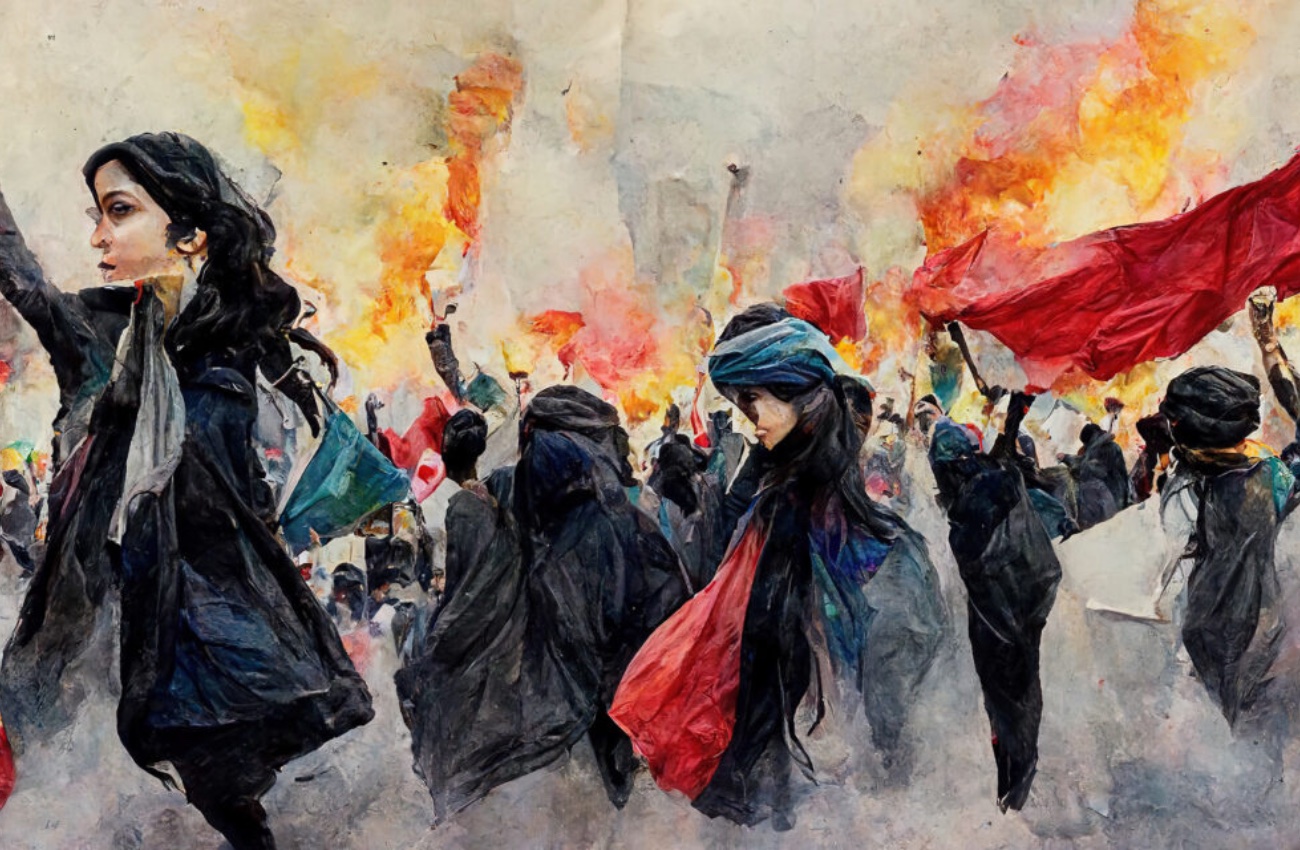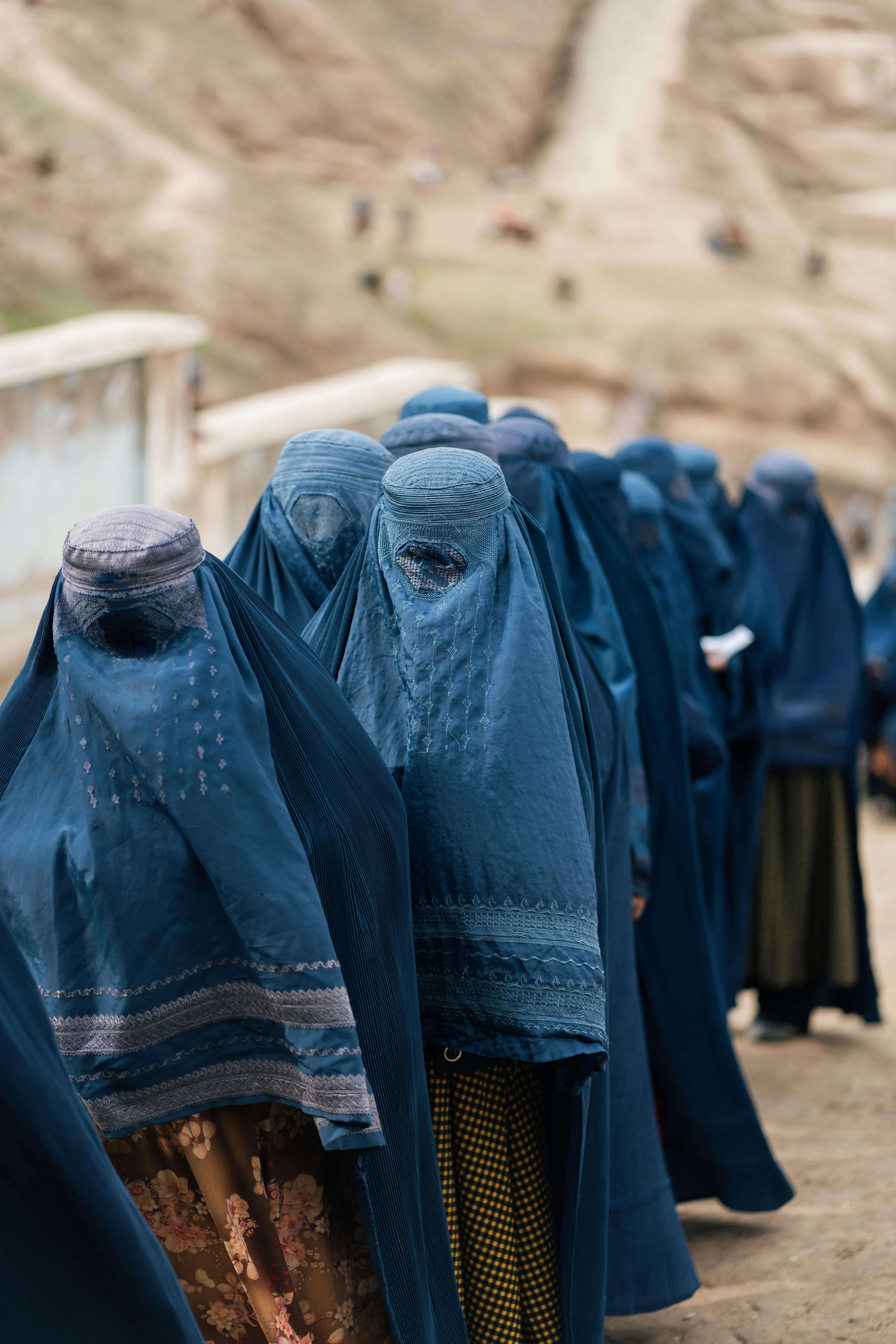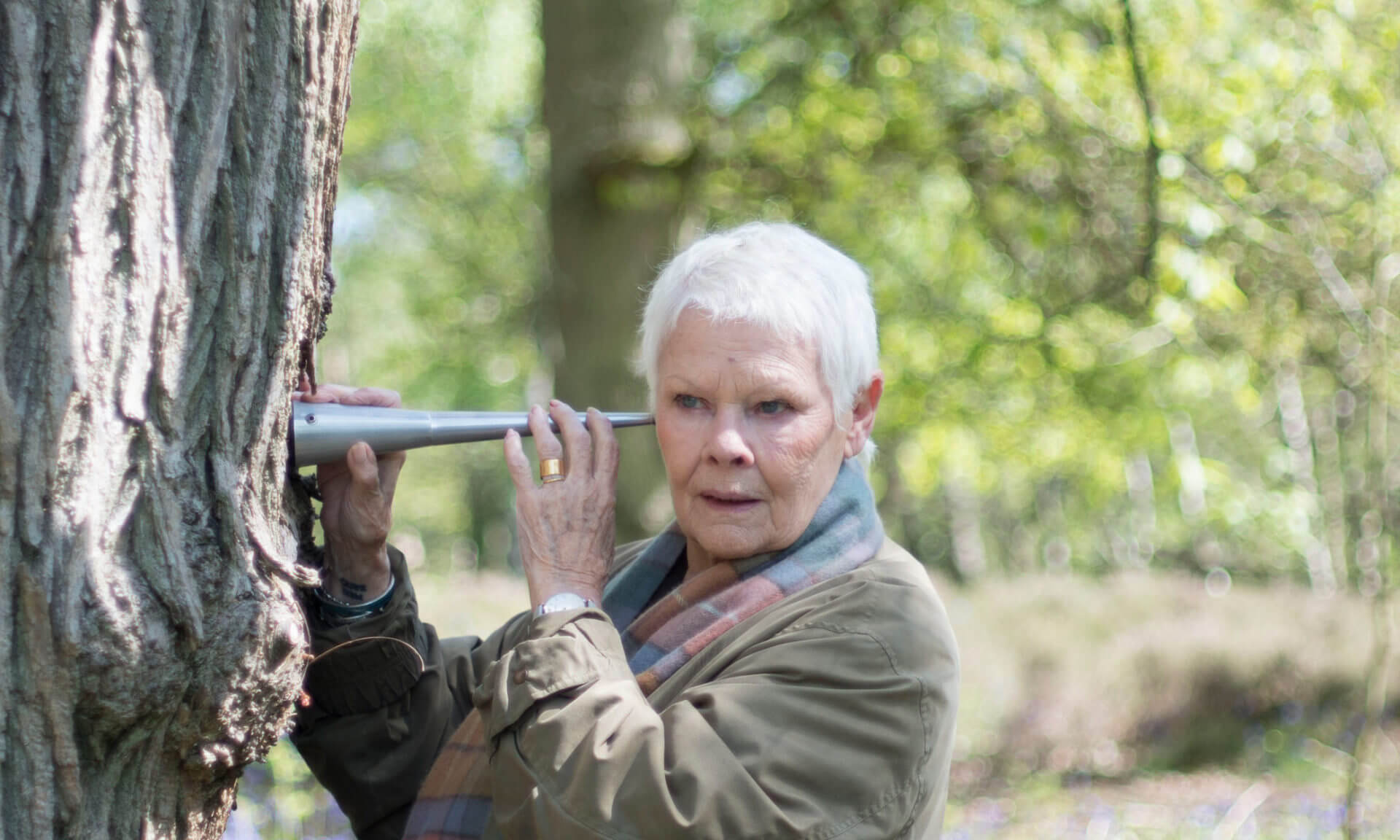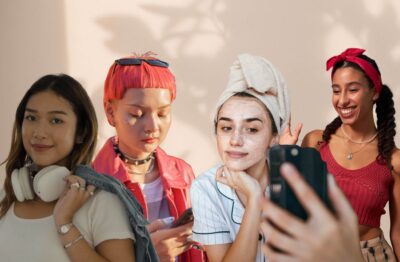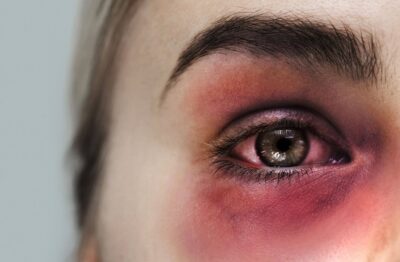Ask any woman around you. Your mother, grandmother, sister, friend or cousin. We can guarantee you that the one thing they all have in common as women is their experience with sexism. Whether it’d be the normalised day to day sexism or the serious life changing experiences that still stay with them to this day. This is where The Everyday Sexism Project comes in.
The Everyday Sexism Project was founded by Laura Bates, a Sunday Times bestselling author (Fix The System, Not The Women). With over 200,000 testimonials already collected to this day and counting, The Everyday Sexism Project holds an unflattering mirror to a society in which the harassment, sexual objectification and oppression of women has become so normalised.
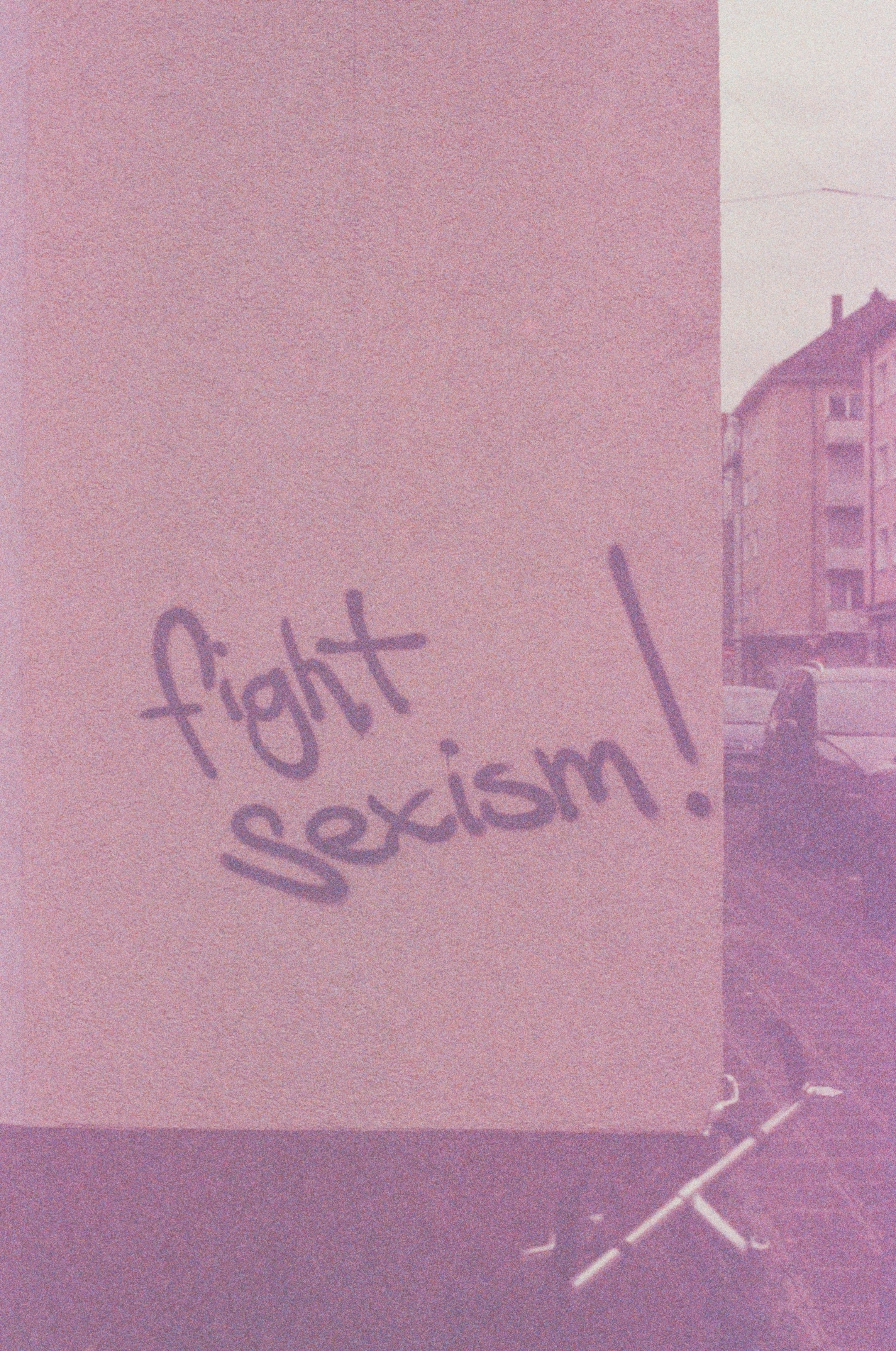
What Is The Everyday Sexism Project?
The Everyday Sexism Project is more than a website. It’s a collective of women’s stories and experiences with sexism that helps underline a connection we all share, yet wish we didn’t. It’s an important step in highlighting the systemic issue of male violence in our society that sees women being let down over and over again. But most importantly, it spurs a movement of collective rebellion and echoes the voices of millions of women worldwide who are saying ‘enough is enough’.
Laura Bates’ motivation to start The Everyday Sexism Project stemmed from her own repeated experiences with sexism:
” It is extraordinary, really, that we live in a society that has managed to pull off the most incredible feat of silencing. A society in which almost all women have these long, trailing list of stories, yet where so many of us still feel utterly alone in them. Where we are effectively silenced, from such a young age, that we never have the realisation that we are not alone. And that is such a powerful way of oppressing us. Because, as long as you think you’re the only one, it is so easy to think that you might be wrong, might be imagining it, might be to blame, might be being over-sensitive. That maybe you’ve been doing something wrong, been asking for it, been unlucky, been in the wrong place at the wrong time. In short, it makes it much more difficult to see your experiences as part of a systemic problem. And if you can’t see the system, you can’t fight it”.
Laura Bates in her book ‘Fix The System, Not The Women‘.
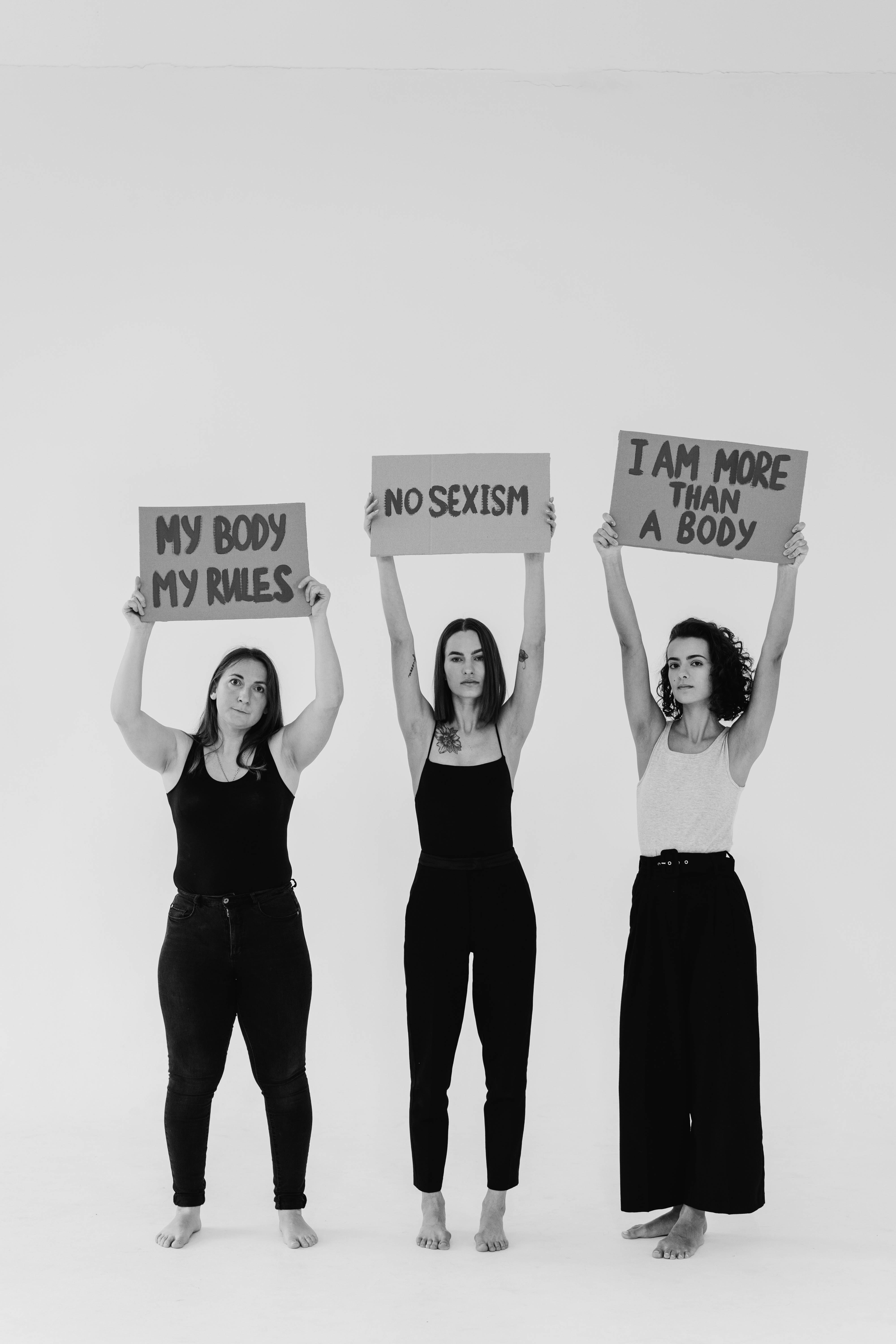
Why Is the Everyday Sexism Project So Important?
From the childhood conditioning which sees most of us told that as women, our main motivation in life should be to be kind, get married, become a mother, sacrifice our lives in service of others. All the way to teenage years where these messages are reinforced by our school environments where we’re continuously told that ‘boys will be boys’ when making a complaint about inappropriate words or actions we’ve endured. It’s no wonder so many of us arrive into adulthood having normalised so much of what happens to us on a daily basis. If society says it’s normal and that our value as women are directly linked to how submissive and pretty we are, who are we to say otherwise?
This is where The Everyday Sexism Project comes in. It sheds a much needed light on stories that deserve to be told. It helps women come to terms with what has happened to them in the past and helps them not feel alone in their experiences. It’s a first much needed step towards highlighting the fact that sexism and male violence is not the result of a ‘few bad apples’ or ‘a thing of the past’ but rather a societal issue that still very much plagues the lives of millions of women everyday.
The Everyday Sexism Project brings legitimacy and weaves all our stories together to form a larger picture. A picture which clearly shows that the only way forward is to make meaningful changes to our institutions: education, policing, criminal justice, politics and media.
What Can I Do To Help?
If you are a woman reading this, the first step you can take is to make your list. This is not an easy exercise and can bring up a lot of sadness and anger. But tell your story. Sit down, write it down. From the most minor comments you might have heard, catcalls, sexist jokes, discrimination all the way to domestic violence, harassment, sexual violence. Whether you wish to share that list with others is entirely up to you. But know that websites like The Everyday Sexism Project are completely anonymous and you story can be written under an alias if that’s what you wish. What’s important is getting it out there. Speak to your friends, family or partner about your experiences. Speaking out is incredibly powerful both in terms of what it can do for your mental health but also for society as a whole. And most importantly, know that you stories, experiences and feelings are valid and worth sharing.
If you are a man reading this, the first step would be to not shy away from these discussions when they arise with the women in your life. Whether it be your mother, sister, friend, partner, daughter. Don’t force them to discuss what they don’t wish to discuss with you but do not change the subject, retreat or worse, undermine what they’re telling you. These can be uncomfortable conversations but progress is never made by staying in your comfort zone. It isn’t ‘all men’ who are to blame for these acts of sexism and violence. But understand that it certainly is ‘all women’ who have endured this.

Your Stories On The Everyday Sexism Project
“I have just seen this site for the second time and read through some of the entries. I am fucking pissed. I am only a tween, but I worry about being raped, abused or mistreated. We need to start to dissolve lad culture and stop femicide. We have been given voices, so let’s use them. To all my fellow sisters, I am so sorry that you had to experience these things I am seeing. Love yourself with every fibre of your being.”
A girl <3
“I am happily married and I have three boys. I am in my early 40’s and I am also the CEO of a multi million business that I started with £50. I had a mentor who I respected and trusted. Until he sexually assaulted me in the back of a taxi The next day when I asked him what had he done he responded by gaslighting me and said he was offended. I didn’t say anything because I led him on and I got in that cab. 2 years on I am still waking up in the middle of the night sad and upset that I allowed this to happen.”
Henny
“My list of male abuses is very long. As a child I was sexually assaulted many times. By a school teacher, a neighbour, a lawyer, my uncle, my brother and a sales man. I saw flashers, had my backside groped, horrid sexual jokes and language, sexist jokes and so on. I thought for years it must be something about me. BUT I absolutely now know it was the pervasive systemic culture of our country that allows boys and men to think this is all ok. I continue to be shocked by how common this still is. Woman continue to be blamed and often I hear people say it is so different today. It is not. We continue to say of rape victim “she was in the wrong place at the wrong time’ . NO SHE WAS NOT! Stop blaming the women. She had a right to be where she was and only when we start holding men and the system accountable will this change We need to think deeply about our unconscious bias, what we say and how we challenge. How we support each other to challenge and be brave”
Anon
“Crossing the road on a weekday lunchtime in the middle of my town. Male cyclist aggressively shouts “smile for fuck’s sake” at me.”
Emma
“Hello Laura, Thank you so much for creating a safe forum for women to share and unburden themselves. I was raped in the late 60’s in Canada by a US Marine. I had had many pleasant conversations with this man and I thought he was my friend. One evening he offered to give me a ride home from my student job, ostensibly to save me the taxi fare, held a military issue knife to my throat and raped me. I was terrified that cutting my throat was going to be part of his fantasy. Some time later I read that groups of US soldiers in Viet Nam would walk into people’s homes and drag young women from their family dinners out to a hut nearby and group rape them. After the rapes the soldiers would allow the woman to start running away and then shoot her, saying that they had shot a Viet Kong trying to escape. I realized after reading this that if I had not been in a western country where murder would have been messy to conceal, this man would probably have killed me as part of his carefully planned and ritualized practice. I did not report the incident. There was a great deal of victim blaming and vicious grilling in courtrooms at the time. I’m not sure it has changed very much. Now in my 70’s, I see that rape culture is still active and in professional roles women’s contributions, even when excellent, are still often minimized in relation to lesser contributions from men. I’m very pleased to see many more women in the sciences, some female leaders of countries and the first female Vice President in the US. Back in the 70’s I optimistically expected to see female equality in my lifetime. I realize now that we still have a long way to go. The invention of social media is a huge game changer. Thank you so much, again, for creating this site.”
Kayte
“I have been told to not wear certain clothing around male family members (including my father) or in public. By 13 my whole world changed, all the sudden I was an object to protect from men, I was put on birth control to help with hormones. I was not allowed to go to friend houses and I had to be with at least three people at all times. I was told it was my fault for proving men stares and unwanted attention. I was told they could not control their hormones but when I was on my period I was given Pamprin to help control my hormones. My mother once said to me “What do you want? To dominate men?” I am 15. I am a kid. I demand gender equality. Hear my voice!”
Ayla
